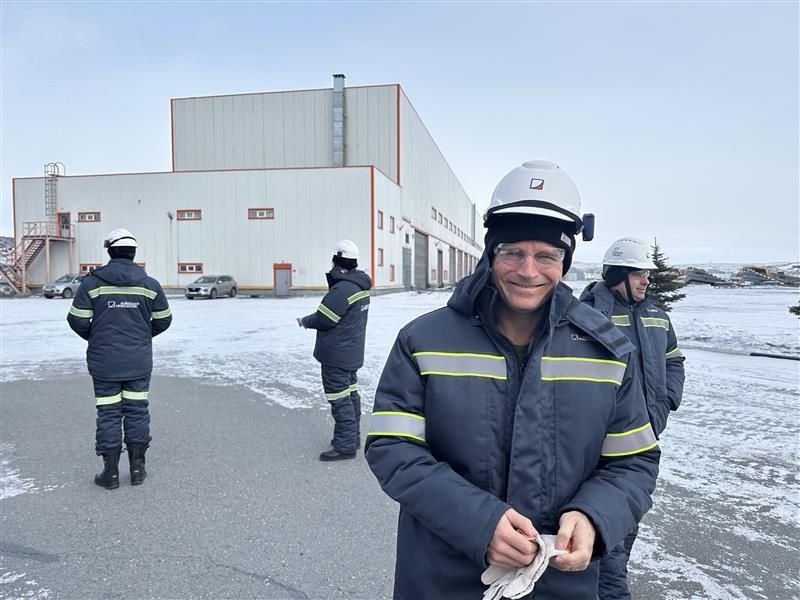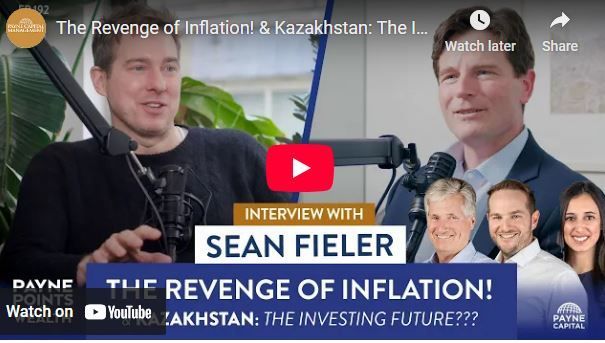Equinox Partners Precious Metals, L.P. - Q4 2017 Letter
Dear Partners and Friends,
purchases and sales
In the fourth quarter, we added a position in Integra Resources, an exploration company led by a successful management team that acquired a project from Kinross in Idaho. We also added a small amount to Beadell Resources. We exited Aurico Metals when the company announced a takeover by Centerra Gold. We trimmed positions in Gold Road Resources, Sandstorm Gold, and Endeavour Mining.
Top-Five HOldings
Gold Road Resources: 10.6% SL / 11.4% WP
Gold Road trades at 94% of NAV and a 11% discount to the price Goldfields paid for its joint venture stake in the company’s Gruyere project.
Construction of the Gruyere project is proceeding as expected and we estimate a first gold pour in 2019. While there is always uncertainty in the construction and ramp-up process, in this case, the financial risk for Gold Road is mitigated by the structure of the JV contract. Specifically, Goldfields is required to cover the first $50mm of any overruns on a 100% basis.
In addition to fully financing the Gruyere project, the JV generated a substantial cash balance on Gold Road’s balance sheet. The company has been judiciously deploying that cash into exploration on the property it holds surrounding the JV. While gold mineralization is pervasive on the property, the team has yet to demonstrate the potential for another deposit of sufficient size and scale to be economic. As a result, the outlook for the exploration upside is necessiarly worse than it was at the beginning of the year.
We will continue to carefully monitor the company’s approach to exploration in 2018. Last year’s results would suggest that a more cautious budget is warranted, and the company needs to demonstrate it will be a good steward of capital when Gruyere starts to generate cash flow.
Dundee precious Metals: 10.8% SL / 9.7% WP
Dundee Precious Metals is an integrated producer and refiner of copper-gold concentrate with operating assets in Bulgaria and Namibia. Dundee is the most attractively priced mining company we own, trading at just 4x estimated 2018 cash flow. With production growth expected to come from the construction of their Krumovgrad mine this year, we expect the company’s EV multiple to cash flow will drop to 1.5x in 2019.
Dundee is so extraordinarily cheap in large part because the company is finally exiting a period of very high investment. Several years ago, the company’s smelter in Namibia, called Tsumeb, was put up for sale when the owner was experiencing financial difficulties. Because there are few facilities globally that can process Chelopech’s concentrate, Dundee decided to buy the smelter. In the ensuing years, Dundee was obligated to invest hundreds of millions of dollars into the smelter to modernize the process and rehabilitate the site. This investment generated no returns for shareholders and forced the company to raise equity on several occasions. From a shareholder’s perspective it was a long nightmare.
The headaches at the smelter have obscured the impressive operational performance at the mines in Bulgaria. Dundee purchased Chelopech from the Bulgarian government and revamped the dated infrastructure and replaced the Soviet mentality among the workforce. Today, Chelopech is a modern, low-cost operation with industry-leading technology. And, after years spent getting community and government approvals, the company is in the process of constructing its Krumovgrad project. We believe this high-grade mine will generate substantial growth in cash flow in 2019.
We think the market will soon recognize that Dundee’s investments at the smelter are finished and the cash flow from Bulgaria will be put to more productive uses going forward. At these valuations, we believe the most productive use of capital for the company is to buy back stock. We are encouraging the company to divest of their stake in Sabina, another listed company previously spun out from Dundee, and use the proceeds to finance a major stock buyback.
Roxgold: 7.9% SL / 7.9% WP
Roxgold operates the Yaramoko mine in Burkina Faso. Yaramoko is a high-grade, low-cost mine that completed its first year of production in 2017. Roxgold trades for about 4.5x operating cash flow and 8x free cash flow in 2018. With an expansion slated for 2019, those numbers drop to 4x and 5x respectively on our estimates.
In November, we visited Roxgold’s operation as part of a tour of mines in Burkina Faso. The company has done an impressive job building and commissioning this asset, aided by the very small scale of the mine. Since Yaramoko has such high grades, the company only needs to process 750 tonnes per day to produce about 120,000 ounces annually. A smaller scale means less complexity, which has helped mitigate the risk of ramping up what is the first underground gold mine in the country.
In 2018, the company will undertake an expansion to add processing capacity at Yaramoko and build a second mine on a satellite deposit called Bagassi South. The biggest issue the company faces is a short mine life of ~8 years and Bagassi is a successful example of how they hope to address it. While only representing a few years of contribution to the production profile, these ounces deliver extremely high returns on incremental investment. Roxgold may never have a 15 year reserve life, but there is good potential to replace depletion over time through the addition of satellite deposits and as they go deeper on the main zone.
Strategically, the biggest question for the company is what to do next. The team has demonstrated an ability to execute a mine build and they could decide to add another development property to the portfolio funded with cash flow from Yaramoko. Alternatively, another company could try to acquire or merge with Roxgold. Fortunately, the board is strong and substantially invested in Roxgold shares, so we trust they will make a good decision when the time comes.
Altius minerals: 5.6% SL / 6.4% WP
Altius is both a royalty and prospect-generation company. As such, the company both generates and acquires royalties across different commodities. Altius is managed by a savvy and contrarian management team that has a phenomenal track record over the long term. The company trades for about 15x cash flow generated by the royalty portfolio.
We own Altius because it is one of the few companies able to take advantage of the mining industry’s cyclicality by being counter-cyclical. The management of Altius brings the mentality of a value investor to mining. In the good parts of the cycle they are vendors of assets through their prospect generation business. In the downturns, they replenish the portfolio and look for royalties they can purchase at attractive valuations.
As a result, in the current depressed environment for gold mining companies, Altius is spending modest amounts of capital to develop a thesis for why its properties could host economic mineral deposits. In the next upcycle, Altius will find a line of junior companies with capital to test the hypothesis. Altius retains upside exposure should a discovery materialize through a combination of equity and royalty interests. In this manner, Altius maintains exposure to a large number of potential winners, without incurring the losses and dilution that are the most common outcome of early-stage exploration.
Altius has used the downturn of the last several years to dramatically increase its land holdings. 2017 saw the launch of Adventus, a spinout from Altius focusing on zinc exploration. Altius structured this spinout, recruiting management and several large institutional investors to back the new company. Altius’ equity in Adventus is now worth $10 million on paper even as the company spends to explore the properties Altius staked. It’s a good example of the company’s model and will likely be followed with a copper vehicle this year.
The company’s royalty portfolio, meanwhile, is performing extremely well due to rising commodity prices and operational performance at the underlying assets. Altius’ valuation gives little to no value beyond the royalty business, which is as safe a business as exists in the mining industry. The unique combination of a stable royalty company with the upside of a prospect generation business, managed by an exceptional team of executives, is what makes Altius such an attractive investment.
Sandstorm Gold: 5.4% SL / 5.2% WP
We wrote about Sandstorm in our previous letter. To review, Sandstorm is a royalty and streaming company that recently acquired Mariana Resources. Mariana owned a minority stake in a very high-grade asset in Turkey called Hot Maden. We believe that the Hot Maden stake is very close to a stream in its economics, and is set to double Sandstorm’s production when it starts up around 2021. Sandstorm trades for about 15x cash flow in 2018.
In December, Sandstorm announced the purchase of a 2% royalty on Endeavour’s Hounde mine in Burkina Faso. At $45 million, they paid a full price on the current reserves, but Endeavour is engaging in an aggressive exploration program targeting a doubling of reserves over the next few years. If they are successful, the price paid for the royalty will prove to be attractive.
In 2018, we expect more information about Hot Maden in the form of drill results and an economic study. Sandstorm’s Turkish partner, Lidya Madencilik, will move forward with preparations for the permitting needed to construct and operate the mine. Hot Maden represents 40% of the company’s value and its single most important asset.
Beyond Hot Maden, we expect Sandstorm to continue to look for opportunities to acquire new royalties. With net cash on the balance sheet, $150 million in capacity on their revolver, and expected cash flow from the portfolio, the company has ample liquidity to pursue more deals.
One other development bears mentioning: Early in 2018, a three way merger took place to form Equinox Gold. Equinox will use the combined resources to recommission the Aurizona mine in Brazil. Sandstorm previously owned a stream on Aurizona which they renegotiated into a royalty and stakes in the equity and convertible debt of the predecessor company, Trek, after the mine shut down due to low gold prices and lack of investment. The formation of Equinox Gold allows them to monetize the securities and should bring some value to the royalty interest. This episode shows one of the values of the royalty model: even when the underlying assets run into problems, the royalty owner retains exposure to the project. While the renegotiation resulted in the loss of value for Sandstorm, the experience was dramatically more painful for shareholders of Trek.
Sincerely,
Sean Fieler
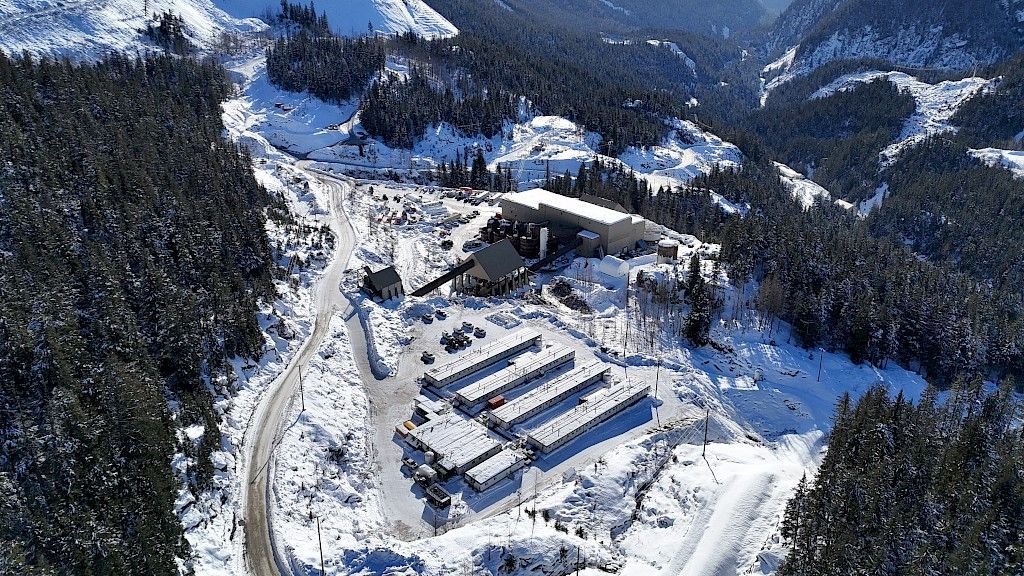
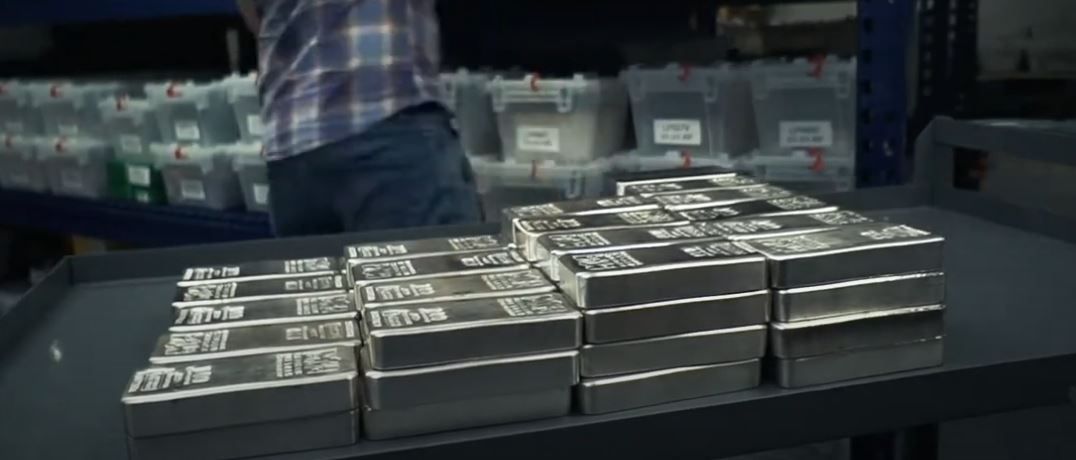

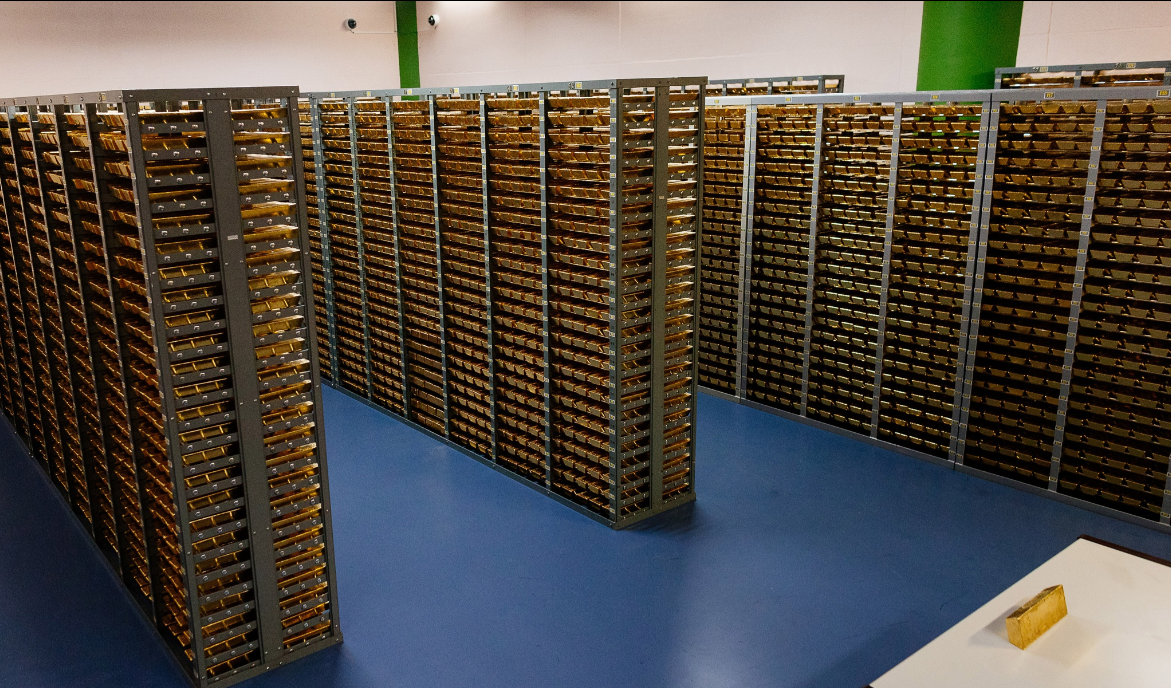
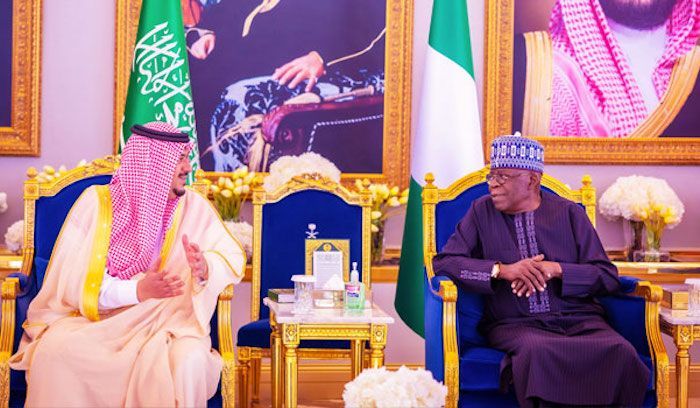
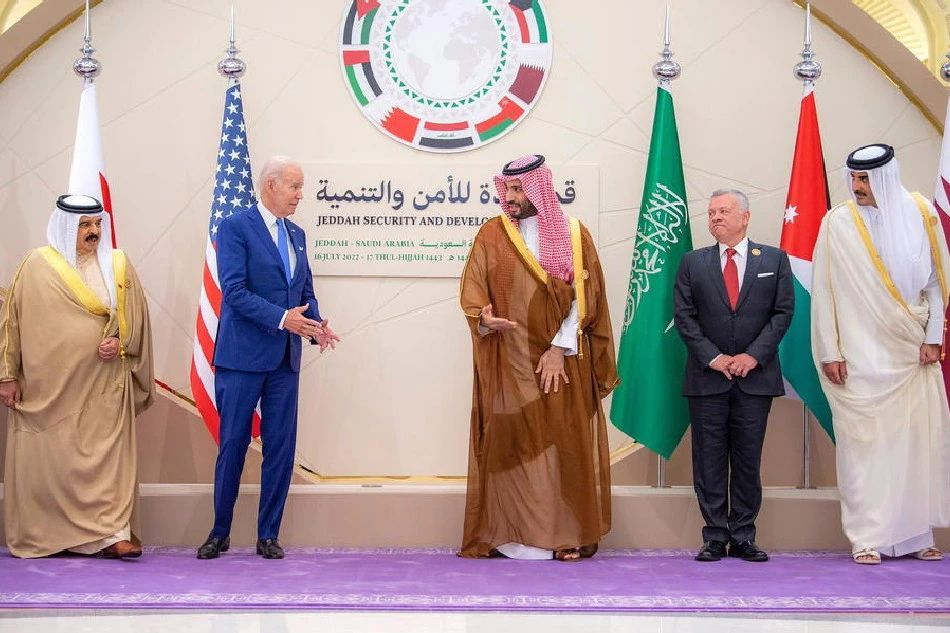
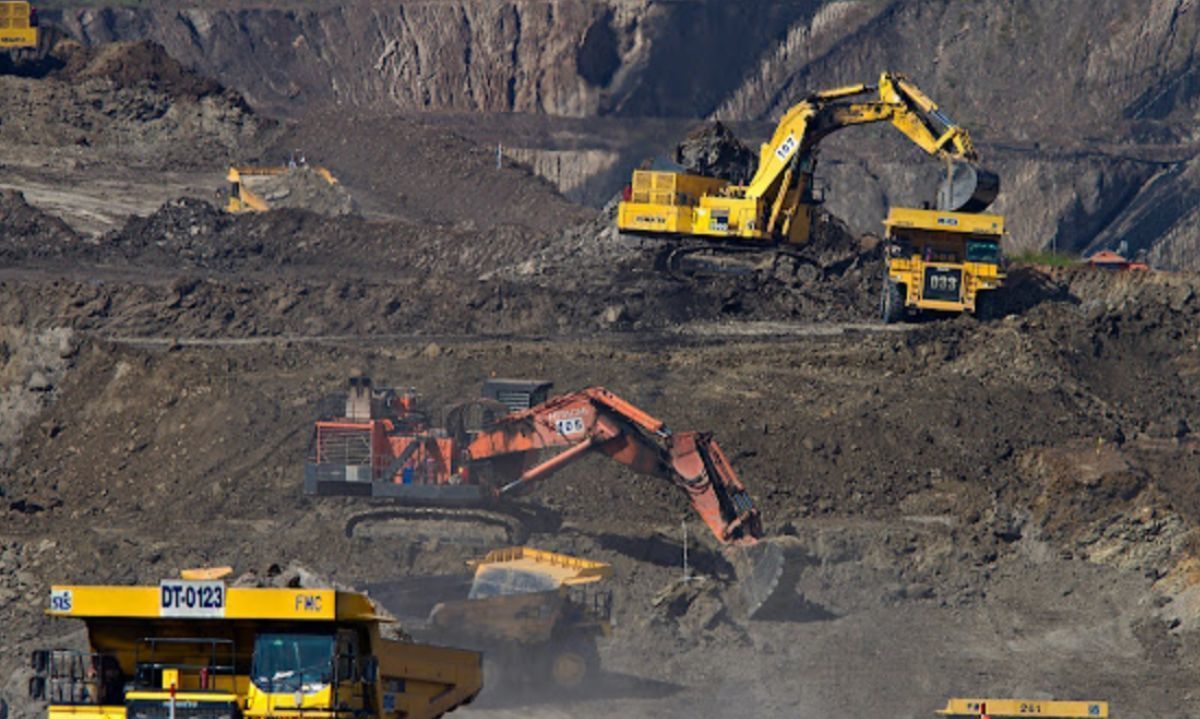
Equinox Partners Investment Management, LLC | Information as of 12.31.24 unless noted | *SEC registration does not imply a certain level of skill or training
Equinox Partners Investment Management, LLC | Site by Fix8

